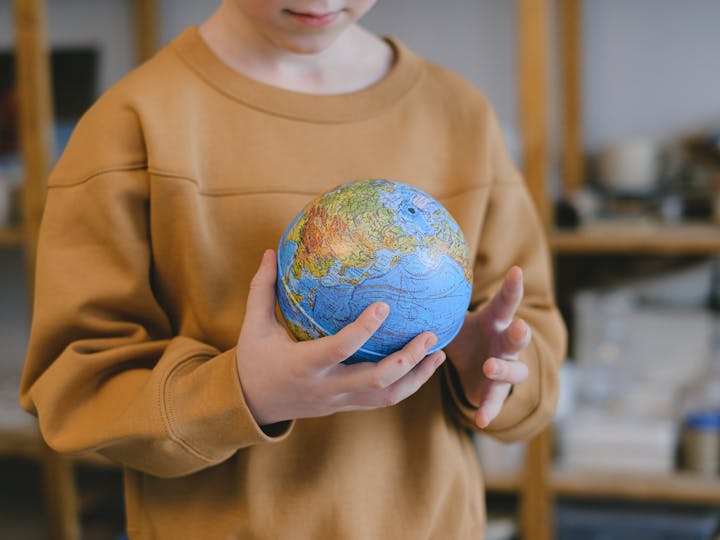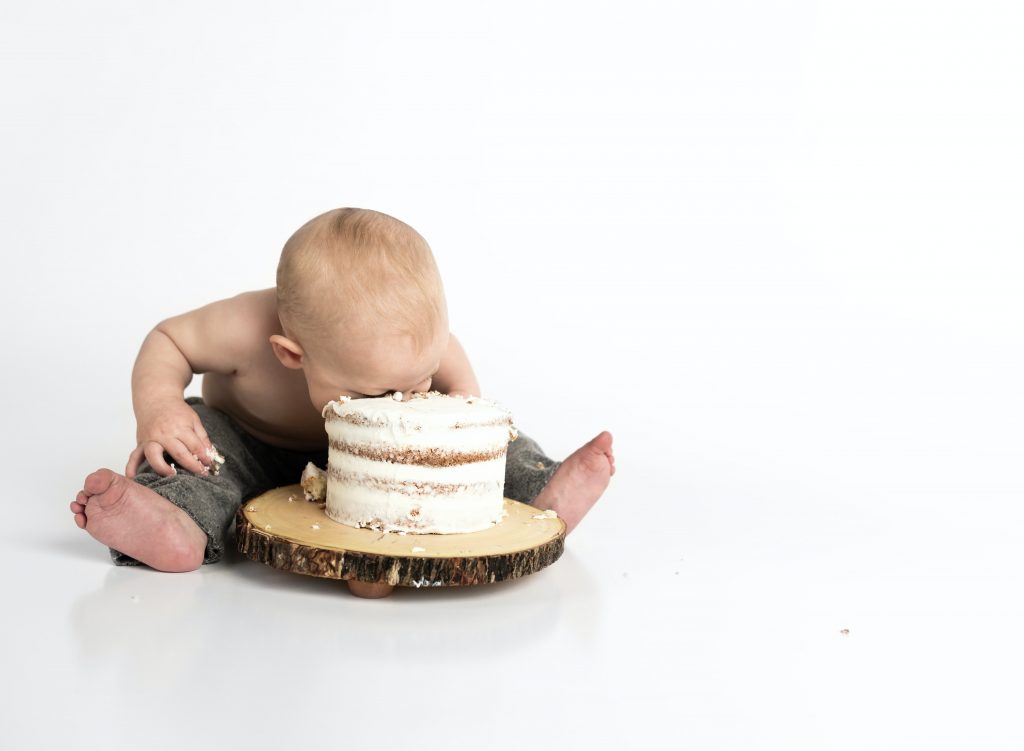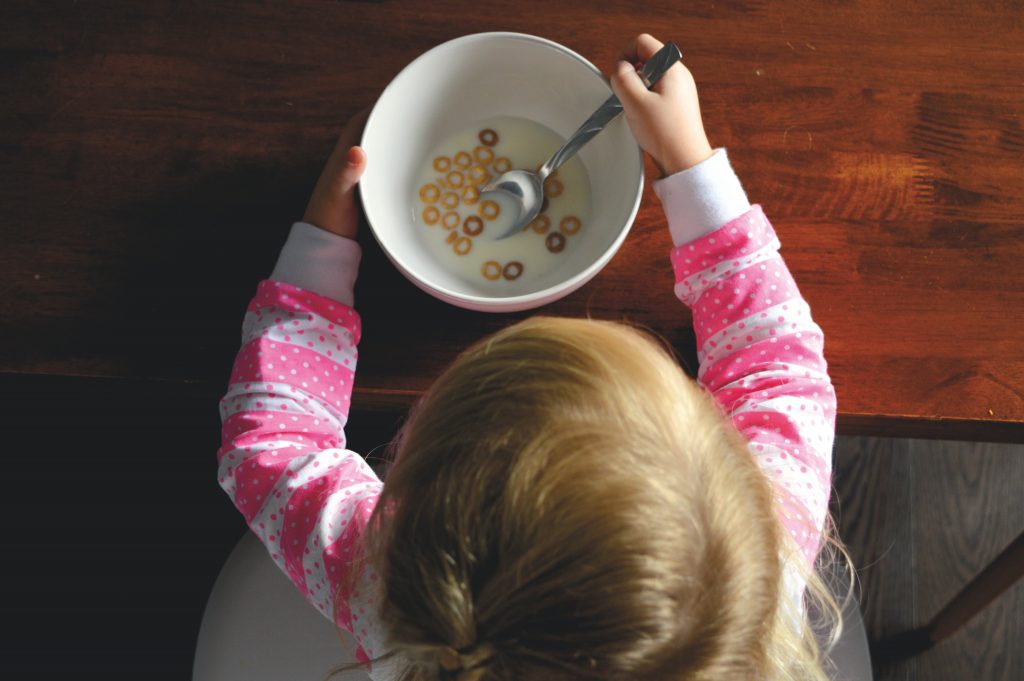In an increasingly connected world, parents are looking beyond traditional childcare options to help shape their children into thoughtful, well-rounded individuals. One option that’s growing in popularity—not just for its practicality but for its broader cultural benefits—is hosting an au pair.
Hosting an au pair isn’t just about childcare. It’s about bringing the world into your home, giving your children the chance to learn from someone with a different cultural background, and creating a truly global upbringing.
In this article, we explore how hosting an au pair can influence child development, foster cultural curiosity, and help raise more empathetic, adaptable children.
Childhood in a Global Era
Twenty years ago, learning about the world happened mainly through books and school lessons. Today, kids grow up in a globalized environment where international communication, travel, and even remote friendships are the norm. Despite this, many children still grow up with a limited view of the world outside their immediate community.
That’s where cultural exposure at home becomes so powerful. Children who are raised in an environment where different languages, customs, and traditions are part of daily life tend to become more open-minded, socially aware, and empathetic. They learn to see the world not as a collection of strangers, but as a network of diverse perspectives worth understanding.
An au pair—by living in your home and becoming part of your family’s rhythm—offers this kind of daily exposure naturally and meaningfully.
The Subtle Lessons an Au Pair Brings
Unlike daycare providers or part-time nannies, au pairs often become integrated members of the family. That closeness means they’re not just caregivers—they’re role models, cultural ambassadors, and informal educators.
For example, a child may learn to count in German while setting the table, pick up Spanish phrases during playtime, or hear bedtime stories from a completely different cultural tradition. These aren’t structured lessons—they’re subtle, consistent experiences that expand a child’s worldview without them even realizing it.
Just as important are the non-verbal lessons: watching someone from another country navigate life in the U.S., adapt to your family’s routines, and share their own customs teaches kids empathy, tolerance, and adaptability—all critical skills in the 21st century.
How to Find an Au Pair in California Who’s the Right Fit
If you’re interested in giving your family this kind of immersive experience, the next step is to find an au pair in California who aligns with your family’s needs and values. California’s diversity and global mindset make it an ideal place for cultural exchange programs, and there are a number of reputable agencies that specialize in matching families with au pairs who are ready for a West Coast adventure.
The process typically begins with identifying what’s most important to your household. Do you want someone with experience caring for infants? Are you hoping your children will be introduced to a specific language or culture? Would you prefer someone who shares your values around food, education, or religion?
From there, agencies conduct background checks, provide visa support, and help facilitate interviews so you can make an informed decision. Once matched, many families in California benefit from local support groups, cultural events, and training programs that help the au pair integrate more smoothly—and make the experience rewarding for everyone involved.
The key is to look beyond just the résumé. Finding the right au pair is like choosing a temporary family member. You’re not just hiring help; you’re opening your home to a person who will leave a lasting impression on your child’s development.
Why It’s More Than Just Childcare
Of course, hosting an au pair comes with practical advantages: more flexible hours than daycare, often lower costs for families with multiple kids, and the convenience of at-home care. But those are just the surface benefits.
The deeper value lies in the connection. Many host families describe how their children maintain long-distance friendships with former au pairs, even years after they’ve returned home. Others speak of the joy of learning new holiday traditions, cooking international meals, or even visiting their au pair’s home country in the future.
In a world that often feels divided, raising a child who’s comfortable with difference—who sees foreign not as “strange” but as “interesting”—is one of the most important gifts a parent can offer.
Final Thoughts
Raising global citizens doesn’t require international schools in Singapore or frequent travel. Sometimes, the most powerful cross-cultural lessons happen around the breakfast table, during school drop-offs, or on quiet evenings at home. Hosting an au pair provides a way to enrich your child’s upbringing while also receiving the practical help many modern families need.
So, if you’re thinking about how to create a meaningful, multicultural environment at home, consider the lasting impact an au pair can make—not just as a caregiver, but as a bridge to the wider world.


